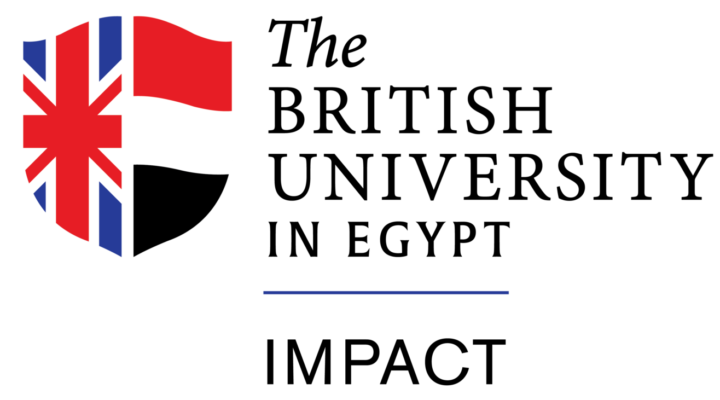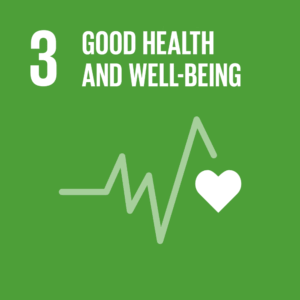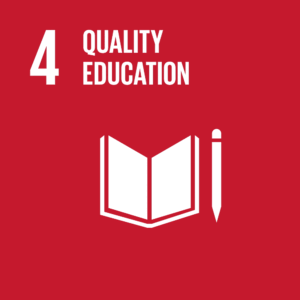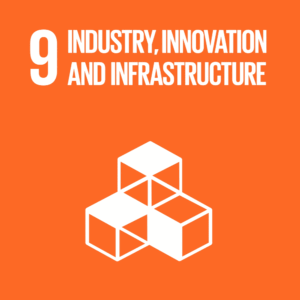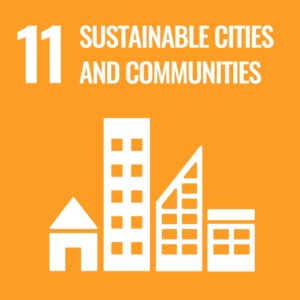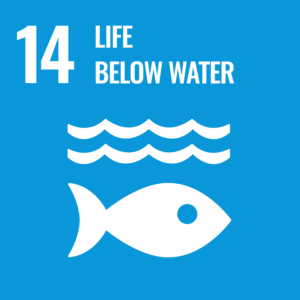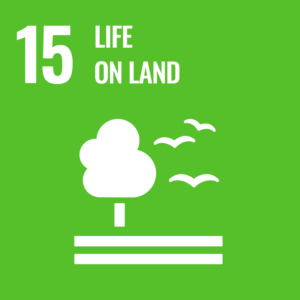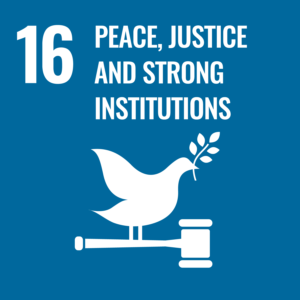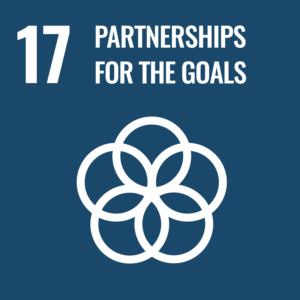This course engages with conversations and debates on critical legal theory; freedom of thought, expression, religion, assembly and association; digital rights; the right to bodily integrity; torture; discrimination and intersectionality; fair trials and others. The course introduces the students to different types of rights: political and civil rights – economic, social and cultural rights – derogable rights – non derogable rights. The module critically discusses the notion of the universality of human rights, meaning that all people should have equal access to rights within and among countries, and rights should not be exclusive to certain communities (which is explicitly stated by most of the SDGs in general and goals 1, 3, 4, 5, 8, 10, 11, 16 & 17) . Thus, any development (political, economic, cultural …) in order to be sustainable it has to be equitable and inclusive; which is the core of studying human rights. The course shows that human rights is a cross-cutting essential element in all of the SDGs. States asserted their commitment to this inclusive approach, under which development should be for all countries, societies and people, pledging that “no one will be left behind” (Explicit in goal 10 & 17). The course demonstrates stresses that since the economic, social and environmental aspects of the SDGs are all integrated and indivisible, progress on all SDGs will be stalled if human rights issues issues like empowering vulnerable groups, gender equality, strengthening civil society and local communities, ending all forms of violence and discrimination, protecting human rights, as well as reducing inequality between countries in global governance, are not prioritized holistically (goals 1, 3, 4, 5, 8, 10, 11, 16 & 17) . Accordingly, managing diversity is crucial for achieving trust, peace and inclusive development, where decision-makers should create a political environment with strong democratic institution that acknowledges diversity as an asset, promote inclusiveness and prevent discrimination that is based on age, gender, race and ethnicity, religion, class, physical ability and sexuality (goal no 16). One example is the discussion on digital rights (human rights on the digital space). Efforts have been made to digitalize the economy, to increase the connectivity of society and their presence in online spaces, in which it could serve as a tool to enhance socioeconomic development (goal no 8). Therefore, it is essential to address some of the threats to digital rights of individuals and the responsibility of corporations to protect the data of their users and ensure their privacy. In addition to the importance of equal access to the digital space, the right to anonymity and intellectual property (all of which are essential under goals no 4, 5, 8 & 10).
Students who take this module when they graduate and work in NGOs or National Council for Human Rights or the UN have solid backgrounds on human rights related issues. These students are able to idetenfiy problems, underscore them and offer solutoins to these problems. This in turn has an impact on the local community and meeting Egypt’s 2030 vision by investing in human development and leading to a better quality of life.
